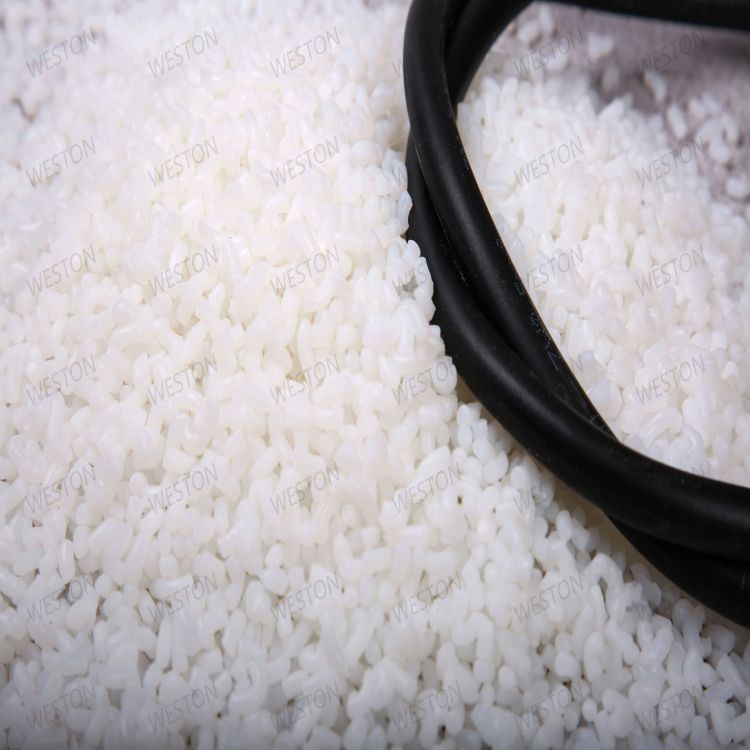-
Categories
-
Pharmaceutical Intermediates
-
Active Pharmaceutical Ingredients
-
Food Additives
- Industrial Coatings
- Agrochemicals
- Dyes and Pigments
- Surfactant
- Flavors and Fragrances
- Chemical Reagents
- Catalyst and Auxiliary
- Natural Products
- Inorganic Chemistry
-
Organic Chemistry
-
Biochemical Engineering
- Analytical Chemistry
- Cosmetic Ingredient
-
Pharmaceutical Intermediates
Promotion
ECHEMI Mall
Wholesale
Weekly Price
Exhibition
News
-
Trade Service
Researchers at Binghamton University in the United States have for the first time obtained clean electricity with a maximum power of 5.
59 watts by connecting 9 bacterial solar cells to a microfluidic biological solar panel, which is expected to subvert the traditional solar power generation method
.
The study was published in the latest online edition of the journal Sensors & Actuators B – Chemistry
.
Currently, one of the new bio-solar research focuses is to harness cyanobacteria found in almost every terrestrial and aquatic habitat on Earth as a sustainable energy resource
.
Last year, the research team built a better bio-solar cell by changing the positive and negative electrode materials used in the battery, and designed a small single-chamber device based on microfluidics to house bacteria to replace the traditional dual-chamber biosolar cell
.
This time, the researchers connected 9 identical biosolar cells in a 3×3 pattern to form a scalable and stacked biosolar panel that generated 60 hours of electricity
continuously through the bacteria's photosynthetic and respiratory activity.
This bacterial power generation is carried out in microfluidic biological solar panels, and researchers can significantly improve the performance of this biological solar panel by miniaturizing the device structure and connecting multiple micro-cells to the panel, which may overcome the obstacles faced by biological solar cell research and make biological solar cells generate electricity
sustainably and efficiently.
The researchers believe that this study will help deepen the understanding of the process of photosynthetic extracellular electron transfer in a small microbiota in a well-controlled microenvironment, thereby building a multifunctional platform
for basic biosolar cell research.
"This breakthrough maximizes power generation capacity/energy efficiency/sustainability
.
" The metabolic pathways of cyanobacteria or algae can only be partially understood, and their significant low power density and low energy efficiency are not yet applicable to practice
.
As a result, additional basic research is needed to understand the production potential
of bacterial metabolism and biosolar energy applications.
The University Thomas.
Sean Choi, assistant professor of electrical and computer engineering at the J.
Watson School of Engineering and Applied Sciences, said: "Once this bio-solar panel is operational, it could provide lasting power
for small wireless remote control systems and remote site wireless sensors that are inconvenient to change batteries frequently.
”
Researchers at Binghamton University in the United States have for the first time obtained clean electricity with a maximum power of 5.
59 watts by connecting 9 bacterial solar cells to a microfluidic biological solar panel, which is expected to subvert the traditional solar power generation method
.
The study was published in the latest online edition of the journal Sensors & Actuators B – Chemistry
.
Currently, one of the new bio-solar research focuses is to harness cyanobacteria found in almost every terrestrial and aquatic habitat on Earth as a sustainable energy resource
.
Last year, the research team built a better bio-solar cell by changing the positive and negative electrode materials used in the battery, and designed a small single-chamber device based on microfluidics to house bacteria to replace the traditional dual-chamber biosolar cell
.
This time, the researchers connected 9 identical biosolar cells in a 3×3 pattern to form a scalable and stacked biosolar panel that generated 60 hours of electricity
continuously through the bacteria's photosynthetic and respiratory activity.
This bacterial power generation is carried out in microfluidic biological solar panels, and researchers can significantly improve the performance of this biological solar panel by miniaturizing the device structure and connecting multiple micro-cells to the panel, which may overcome the obstacles faced by biological solar cell research and make biological solar cells generate electricity
sustainably and efficiently.
The researchers believe that this study will help deepen the understanding of the process of photosynthetic extracellular electron transfer in a small microbiota in a well-controlled microenvironment, thereby building a multifunctional platform
for basic biosolar cell research.
"This breakthrough maximizes power generation capacity/energy efficiency/sustainability
.
" The metabolic pathways of cyanobacteria or algae can only be partially understood, and their significant low power density and low energy efficiency are not yet applicable to practice
.
As a result, additional basic research is needed to understand the production potential
of bacterial metabolism and biosolar energy applications.
The University Thomas.
Sean Choi, assistant professor of electrical and computer engineering at the J.
Watson School of Engineering and Applied Sciences, said: "Once this bio-solar panel is operational, it could provide lasting power
for small wireless remote control systems and remote site wireless sensors that are inconvenient to change batteries frequently.
”







